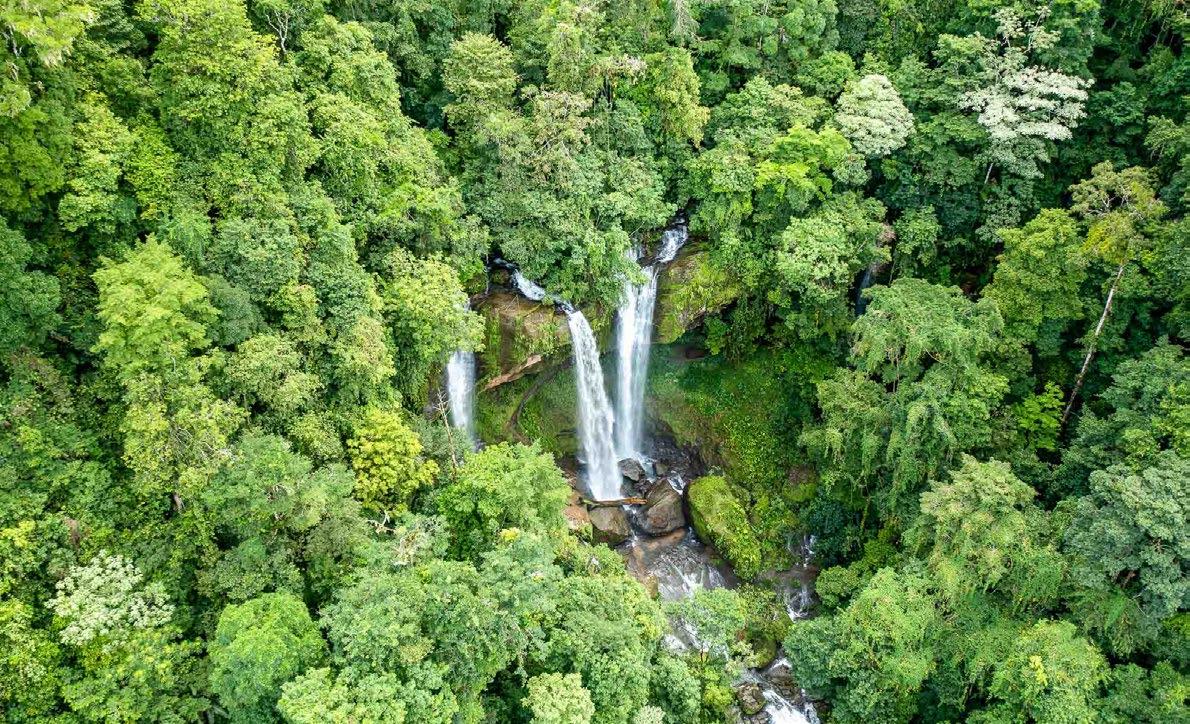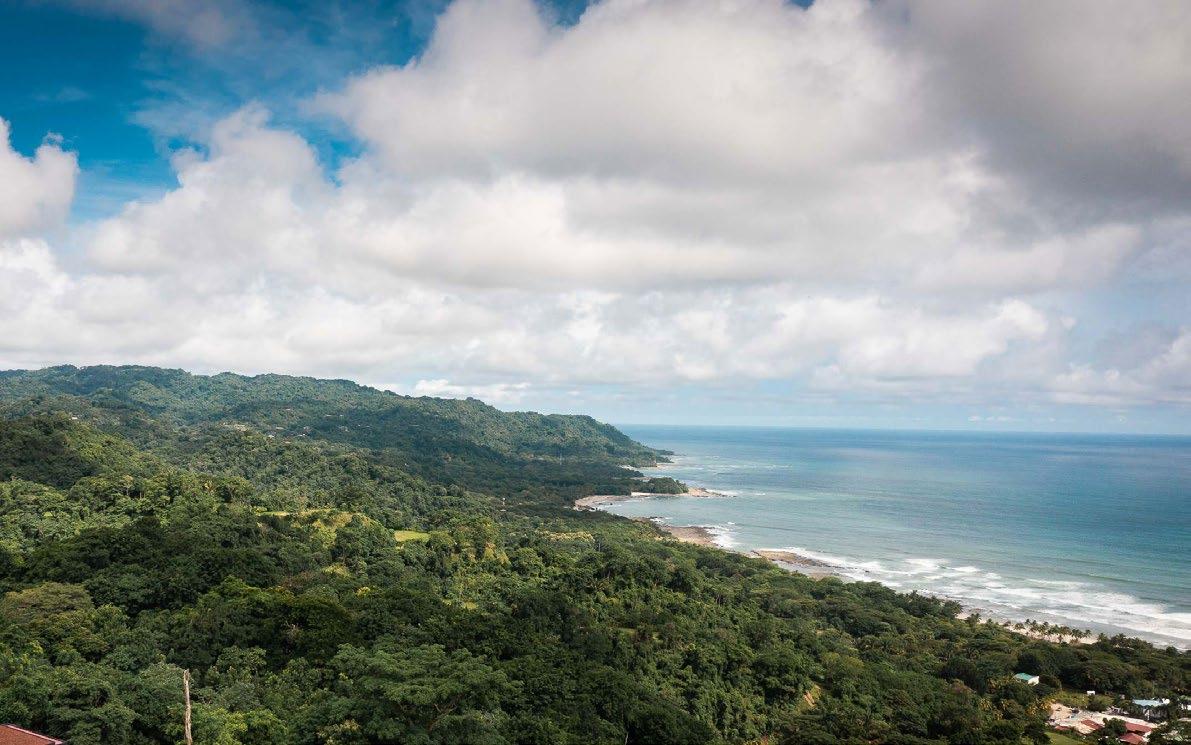
2 minute read
An ecological leader: How sustainability has become a part of Costa Rica’s identity
This small Central American nation is constantly among the top tier of countries working towards a greener planet.
The days leading up to Costa Rica’s Independence Day are not only a great opportunity to learn about Costa Rica’s rich history, but also to appreciate what makes this small Central American nation such a wonderful corner of the world .
Advertisement
As a multitude of reports and news outlets confirm on an almost monthly basis, Costa Rica stands out as one of the world’s leading nations in terms of ecological development . The reasons behind this can seem apparent, given the country’s national branding as a tropical paradise full of exuberant nature, but Costa Rica’s reputation has taken decades to develop and is a result of a series of strategic decisions throughout the years, going all the way back to mid-20th Century .
After the Second Republic was established in the aftermath of the 1948 civil war, a series of important decisions were made which forever changed the national identity of Costa Rica . The most celebrated is the abolishment of the national army and the redirection of said funds towards education and conservation . A less publicized yet equally important decision was when the Costa Rican Institute of Electricity (ICE) began working with hydroelectric energy as a way to depend less on fossil fuels from foreign nations . Thanks to this energy initiative, nowadays the country boasts a stunning 98% of clean energy consumption, and is constantly among the top leading nations in sustainability .
An important complement to using renewable energies in Costa Rica is this country’s commitment to safekeeping its natural resources and wildlife . The Turrialba and Irazu volcanoes became protected areas during the 50s, and they became national parks in 1970 . The idea was for Costa Rica to become an international leader in the protection of nature and ecological conservation, a goal that has been accomplished, thanks to Costa Rica’s 29 national parks and with nearly 30% of the country’s land area being protected .
Despite these astonishing results, complacency has no place in Costa Rican identity, and the country has set the goal to become the world’s first fully carbon neutral nation, fully eliminating fossil fuels, by 2050 . So far, the future is looking bright .


World-class seafood for Christmas dinner? Fireworks reflected on the vast Ocean mantle? The first moments of the new year beneath the shade of a palm tree?
At Marina Pez Vela Villas, you can start the new year with a smile, surrounded by splendid comforts that are only matched by Manuel Antonio’s natural beauty. VISIT OUR WEBSITE











